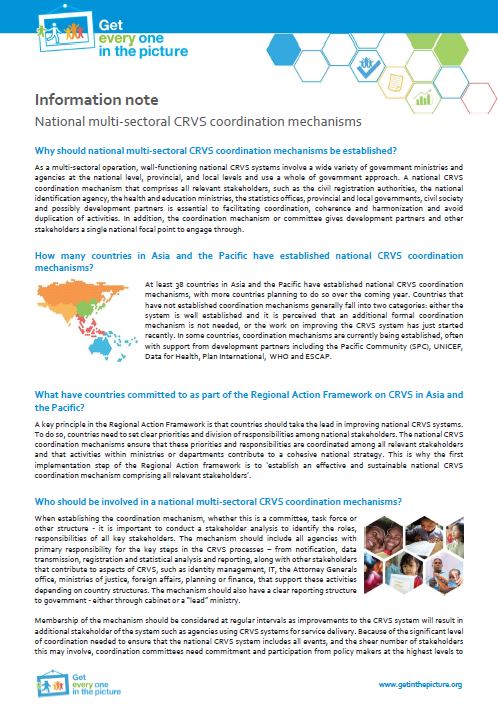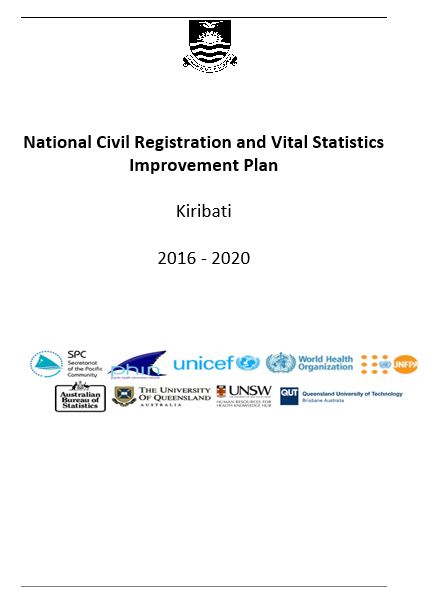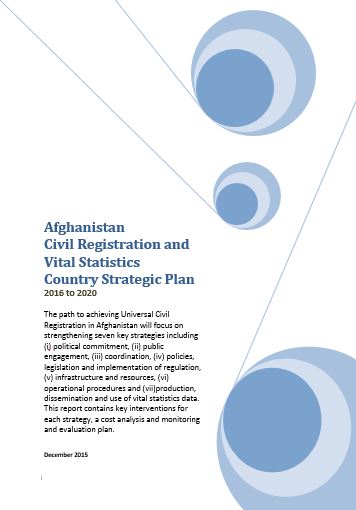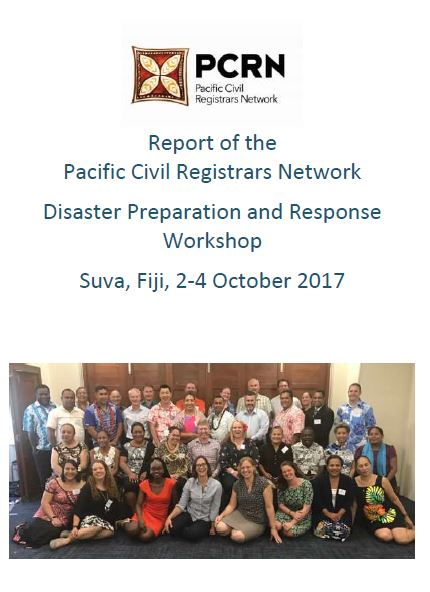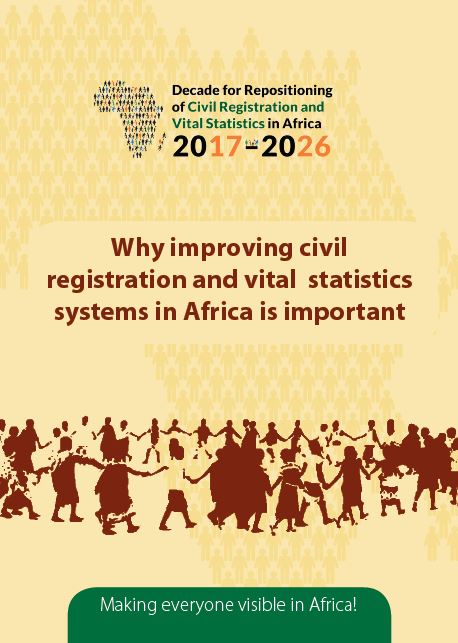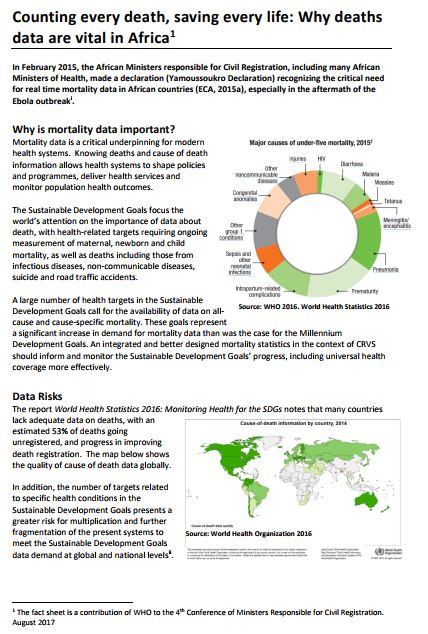Implementation Steps
The 8 implementation steps build off the principle that national governments must take the lead in implementing change to their national CRVS systems.
|
The CRVS community in Asia and the Pacific has reflected on where it stands at the midpoint of the CRVS Decade (2015-2024) during the Second Ministerial Conference. Following this celebration of progress, many of our partners and member countries are leading actions to fill the remaining gaps. To learn more about CRVS in Asia and the Pacific, please subscribe to our newsletter, which offers a monthly panorama of CRVS actions throughout the region Previous editions can be found here. |
The 8 implementation steps build off the principle that national governments must take the lead in implementing change to their national CRVS systems.
As an important component for monitoring and evaluating progress, countries committed to reporting on their progress throughout the CRVS Decade (2015-2024). Beginning in 2015, countries submitted baseline reports detailing their nationally set targets, their then-current status in relation to the goals and targets, information on their national CRVS coordination mechanisms, if available, and any CRVS assessments which may have occurred.
